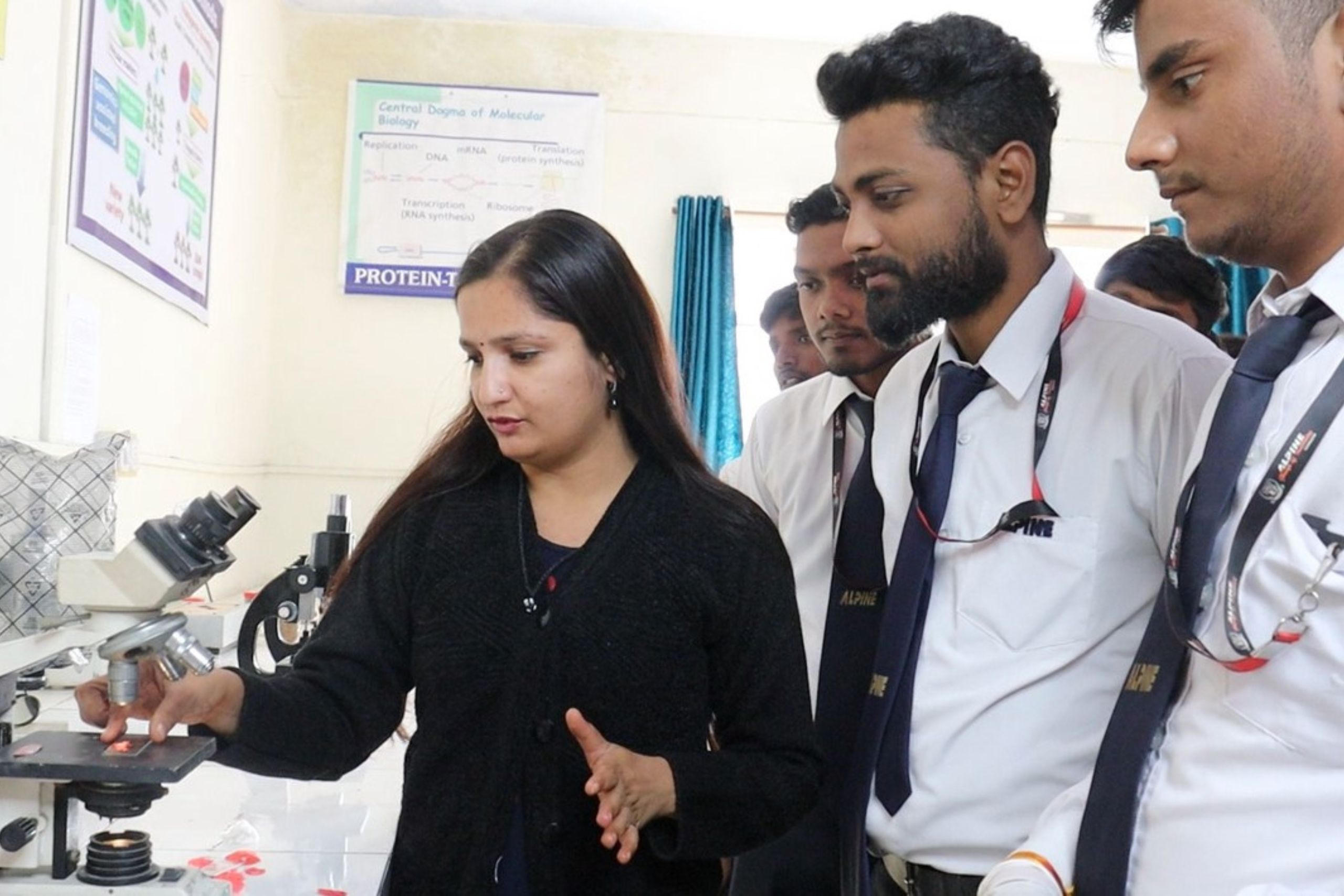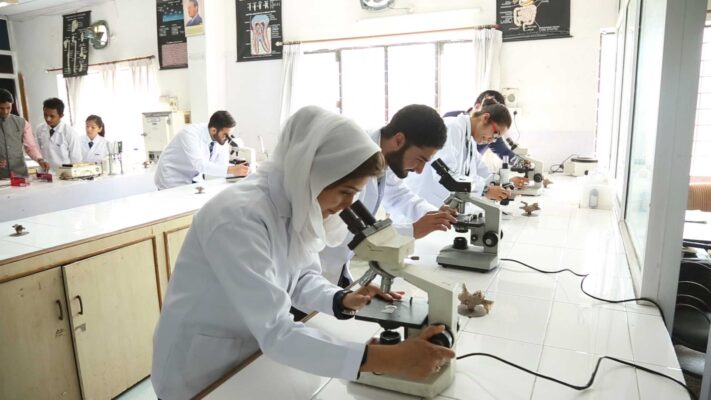Master of Science in Botany
January 20, 2024 2024-03-19 10:01Master of Science in Botany
Master of Science
in Botany
Course Duration : 2 Years
About this Course
Deepen your botanical expertise in the context of pharmaceuticals with our Master's in Botany. Explore the plant kingdom's contributions to medicine, from traditional remedies to cutting-edge pharmaceutical research. Become a steward of plant-based healthcare solutions.
Some of the Popular Career Paths Include

Life of a
Student in Botany
Deepen your botanical expertise in the context of pharmaceuticals. In this Master's program, you'll explore the plant kingdom's contributions to medicine, from traditional remedies to cutting-edge pharmaceutical research. Your journey involves becoming a steward of plant-based healthcare solutions.
Download Brochure
Our Proud Alumni

Animesh Banerjee

Jameson

Mritunjay Chaudhary

Lakshmi S. Nath

Pasan Pavan Kalyan

Rahul Jaiswal

Shivam Kumar

Yadhika Ghatani

Praveen Kumar Thakur

Shaswat Deep

Ritik Kumar
Photo Library
Crafting careers, fueling dreams. Where learning meets adventure, everyday.






























Frequently Asked Questions
A Master of Science (M.Sc.) degree in Botany offers a diverse range of career prospects in various sectors related to plant science and biology. Some potential career paths are Botanist, Plant Taxonomist, Ecologist, Conservation Scientist, Horticulturist, Plant Breeder, Plant Pathologist, Environmental Scientist, and Educator etc.
These are just a few examples of the career paths available to individuals with a Master’s degree in Botany. The specific opportunities will depend on factors such as specialization, experience, and personal interests.
A master’s degree program in botany offers in-depth knowledge and expertise in plant biology, ecology, evolution, and related fields. You’ll gain a thorough understanding of plant structure, function, and diversity, as well as the factors influencing plant growth, development, and adaptation. A master’s degree in botany can lead to diverse career opportunities in academia, government agencies, non-profit organizations, private industry, and consulting firms. Potential career paths include research scientist, botanist, ecologist, conservation biologist, horticulturist, environmental consultant, educator, and more.
M.Sc. programs often allow you to specialize in areas such as plant taxonomy, ecology, conservation biology, horticulture, or plant biotechnology. This specialization can enhance your expertise and open up specific career opportunities in your area of interest. With increasing concerns about environmental conservation, sustainable agriculture, and biodiversity preservation, there is growing demand for professionals with expertise in botany and plant science. A master’s degree can make you more competitive in the job market and increase your chances of securing employment in the field.
Specific requirements for admission to a M.Sc. program in Botany can vary depending on the university where you are applying. However, there are some common prerequisites and criteria that most programs typically require. Here are the main requirements for being a student of a M.Sc. in Botany program:
Bachelor’s Degree: Generally, you need to have a bachelor’s degree in a relevant field, such as biology, botany, plant science, ecology, environmental science, or a related discipline. Some programs may also accept students with degrees in closely related fields, but you may be required to take additional coursework to fill any gaps in your knowledge.
Academic Background: You should have a strong academic background with coursework in biology, chemistry, mathematics, and other related subjects. Usually required, with a minimum GPA (Grade Point Average) requirement set by the institution.
A M.Sc. program in Botany typically covers many areas related to plant biology, ecology, evolution, and related fields. The specific curriculum may vary depending on the institution and program, but here are some common areas that are often covered by masters in Botany like Plant Anatomy and Morphology, Plant Physiology, Plant Taxonomy and Systematics, Plant Ecology, Evolutionary Biology, Plant Genetics, plant Biotechnology, Plant Pathology, Plant Conservation and Diversity etc.
Overall, an M.Sc. program in Botany provides a comprehensive education in plant science, preparing students for careers in academia, research, conservation, agriculture, biotechnology, environmental consulting, and other related fields.



